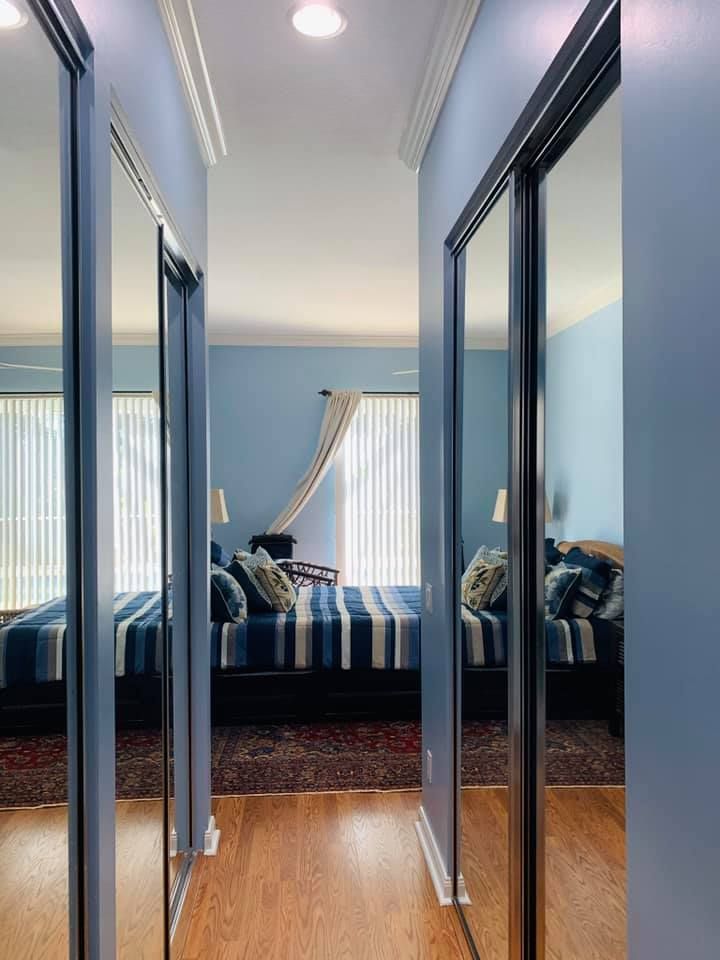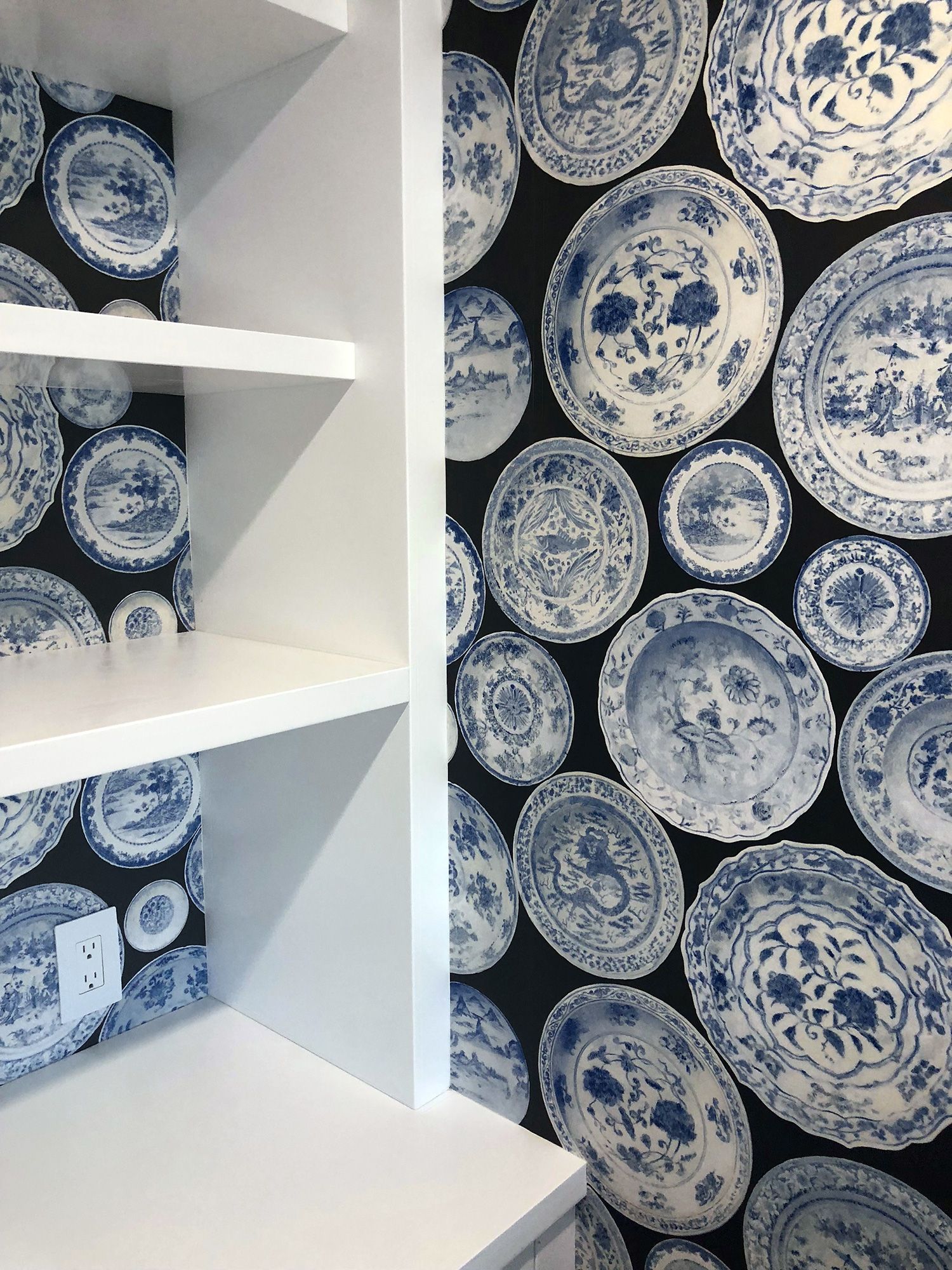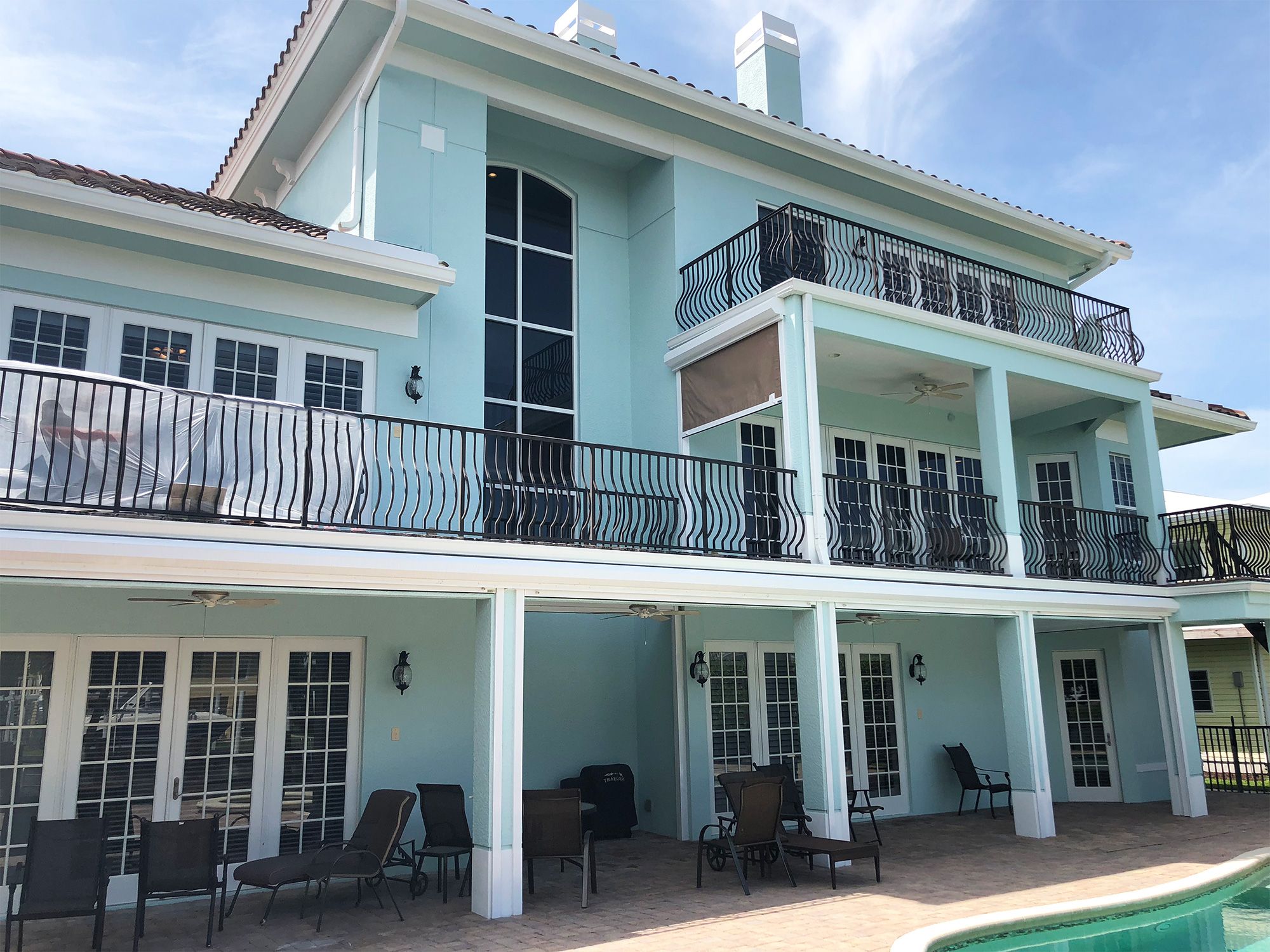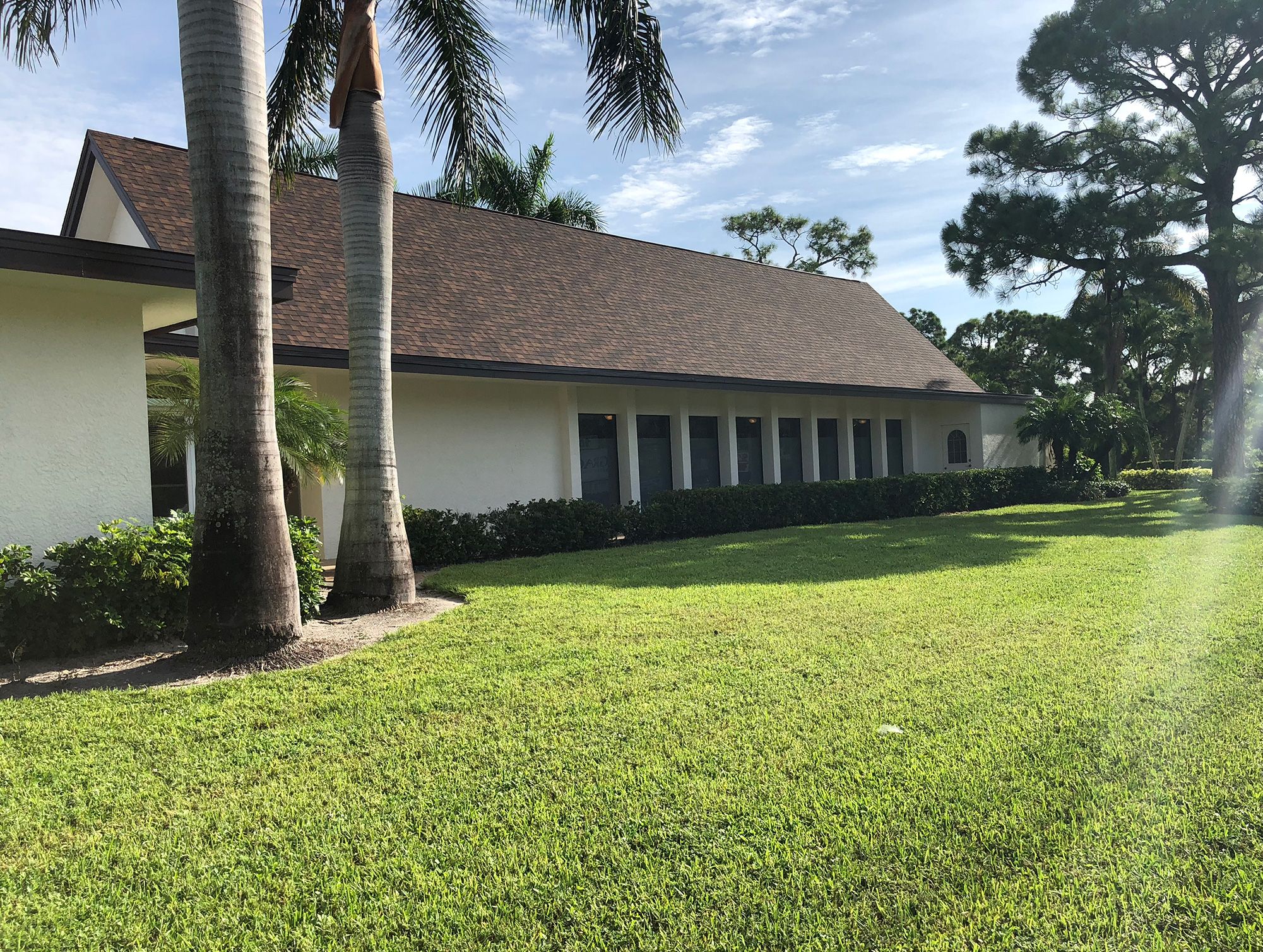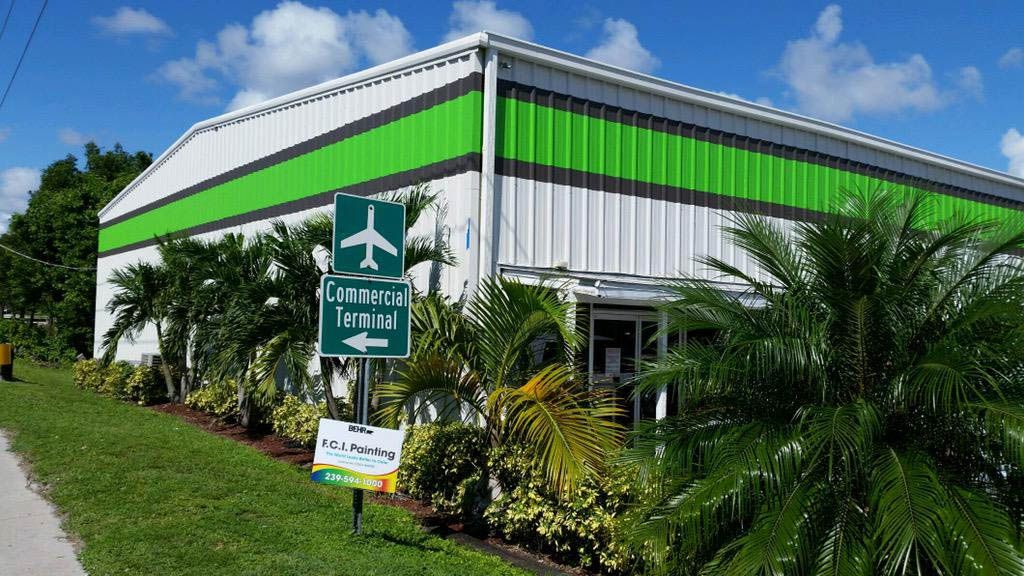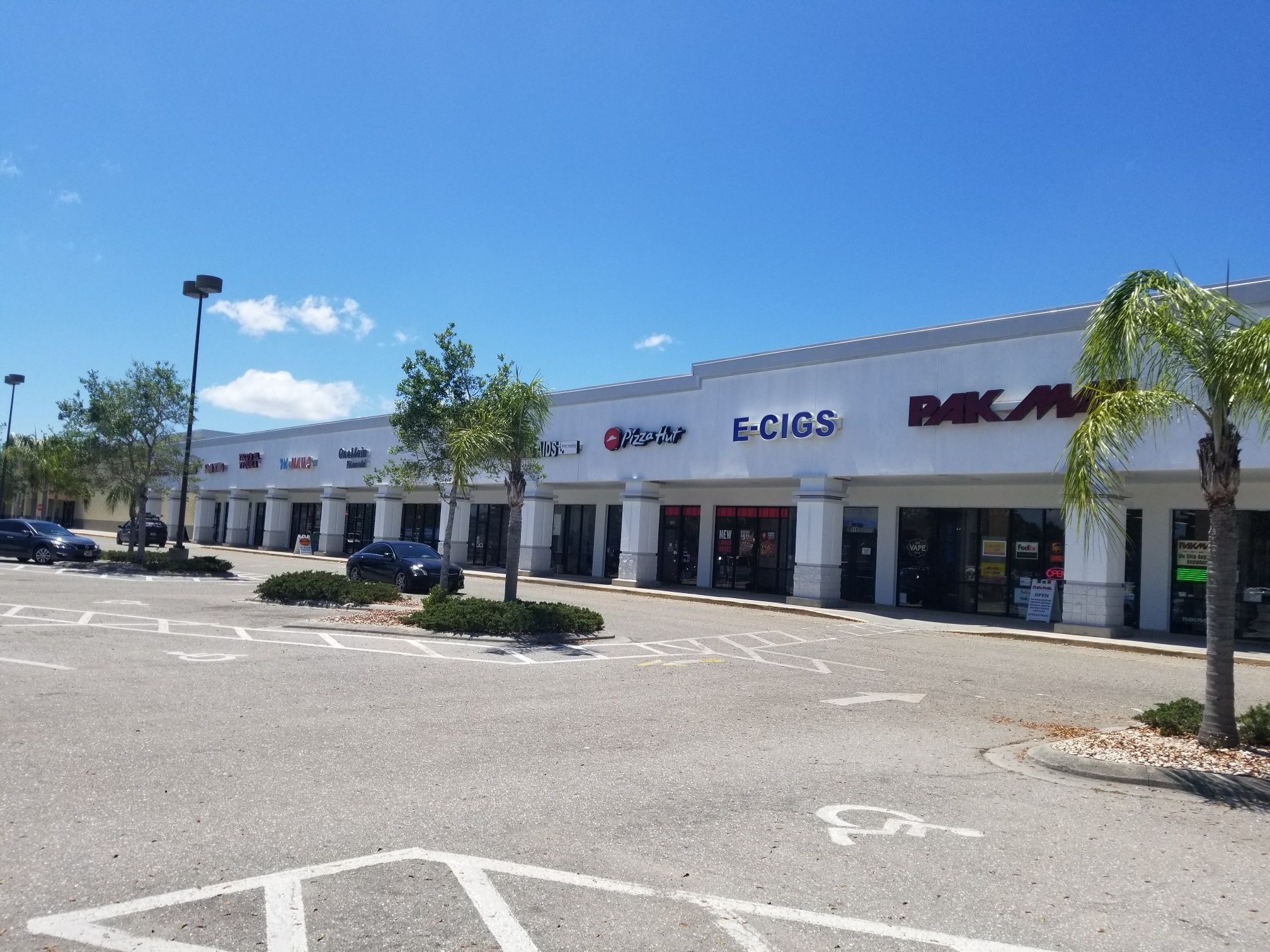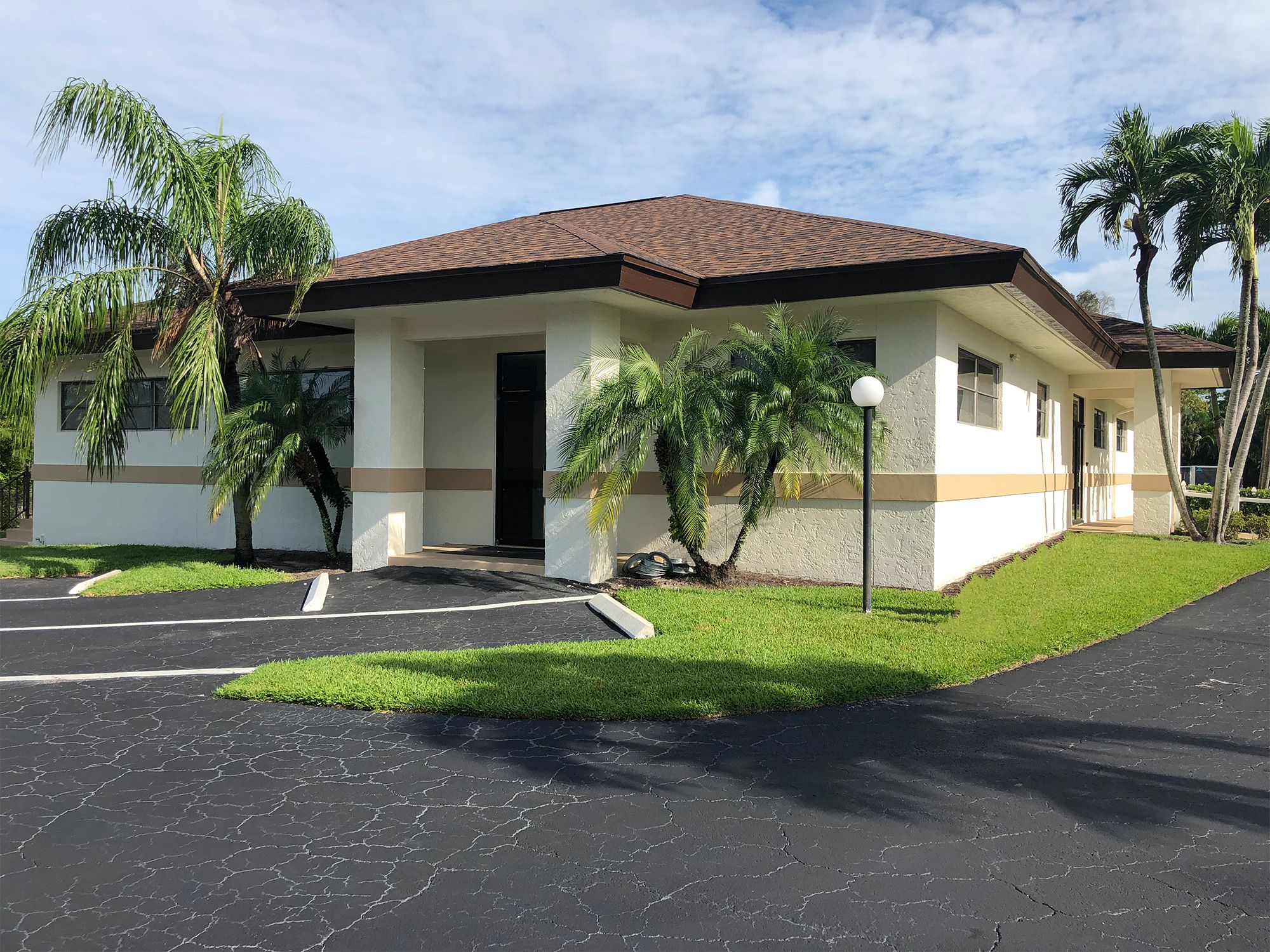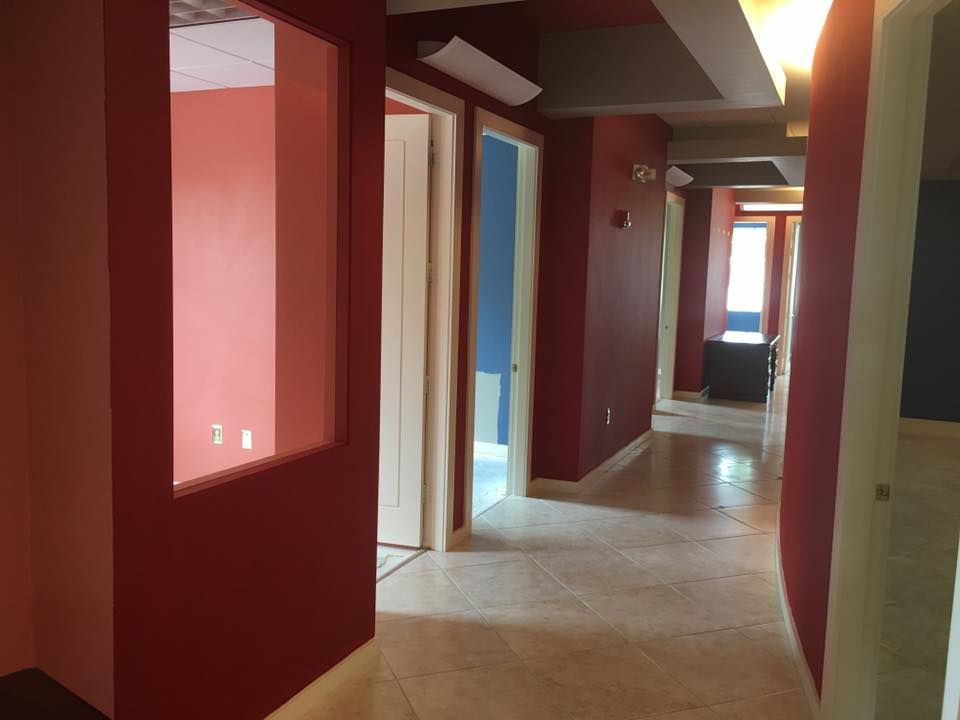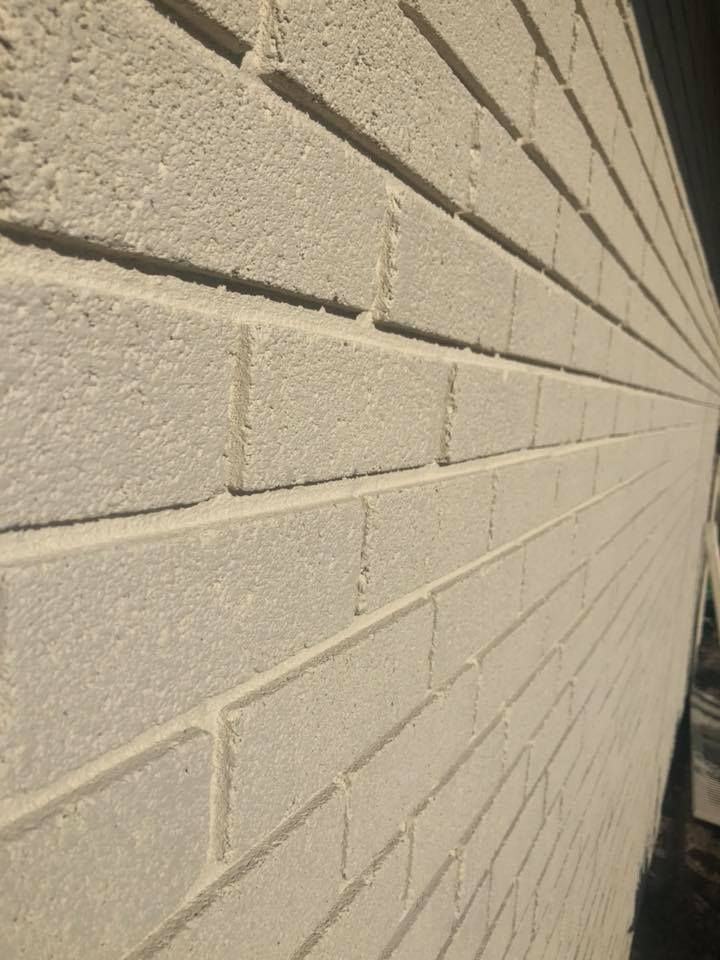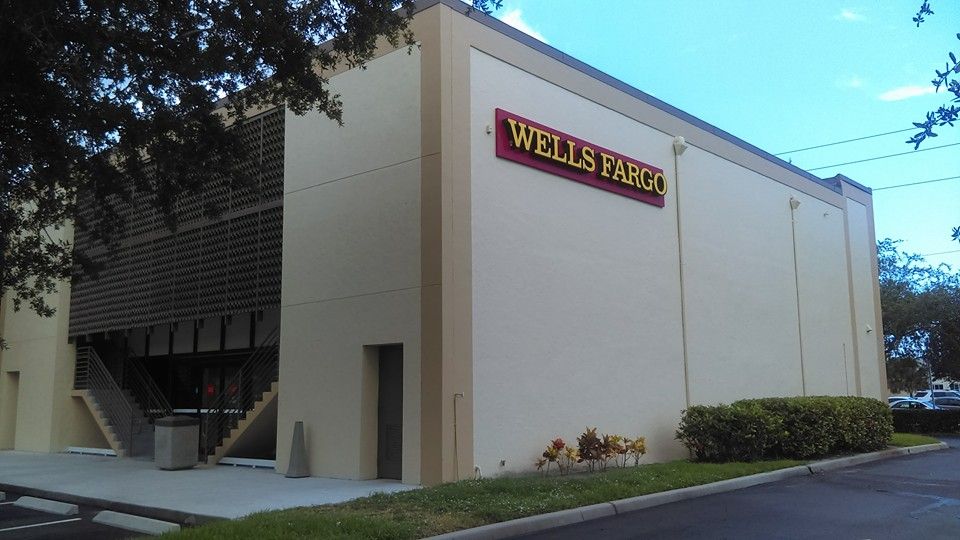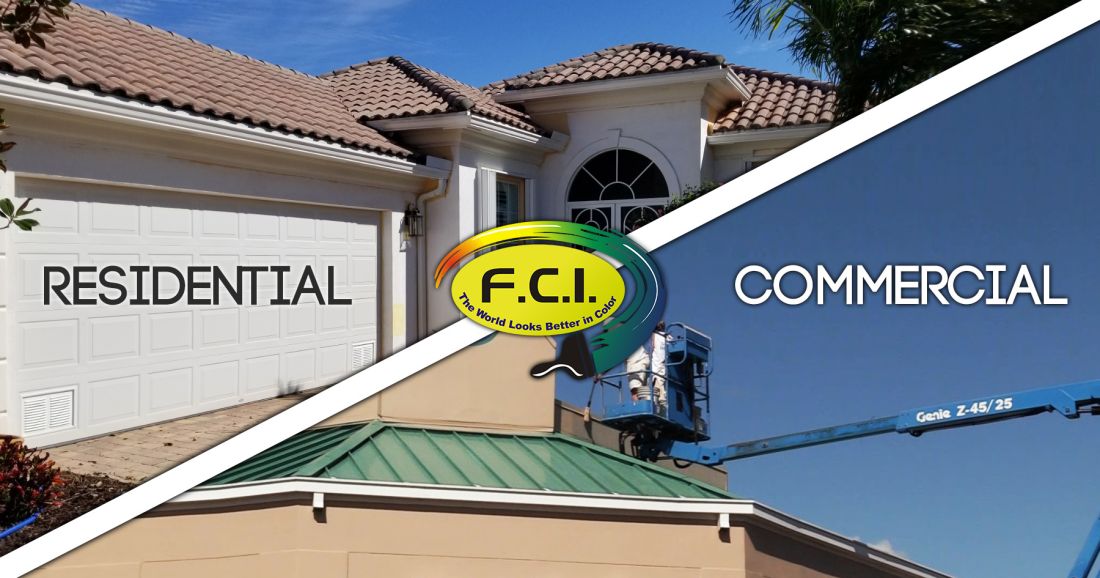
Commercial Painting Far More Complex Than Residential
If asked to name the biggest difference between commercial and residential painting jobs, most people would likely respond with “scope of the project.” And while most commercial painting projects tend to be larger than residential jobs, there are numerous other factors that also set the two apart.
Naturally, project scope drives some of these differentiating factors. For example, the bigger commercial paint project generally drives the need for a much larger painting crew, along with more hands-on management. To varying degrees, it can also necessitate the need for more specialized equipment.
Such factors are also driven by the issue of time, as commercial businesses generally want to limit disruptions to their business as much as possible. Thus, a commercial paint job needs to proceed as quickly as possible and paint crews, unlike for most residential jobs, need to be able to work at all hours and on weekends, when called for.
In short, four men with paint, brushes, rollers and ladders might be sufficient for a two-story residential paint job but will certainly not work effectively for a 50,000-square-foot shopping plaza. The latter will undoubtedly need a much larger crew, along with commercial grade painting equipment such as gas-powered airless sprayers that can apply paint at up to two gallons per minute; specialized spray tips and extension wands; and scaffolding and/or boom or scissor lifts for the exterior work.
Project Preparation Needs Mark Another Key Difference
The prep work needed in advance of a commercial painting project presents much more of a challenge than prepping for a residential job. Naturally, building size and timing issues play a significant role in the prep work, as both need to be considered in determining what gets painted and when, in conjunction with figuring out how to conduct the overall job with the least disruption possible.
But numerous other issues also need to be addressed prior to any first application of paint. Commercial buildings are often constructed from different materials than residential buildings and have a greater variety in the surfaces that might need painting. This can necessitate the consideration of special industrial-strength paints and coatings and require more specialized surface preparation. Prep work also involves determinations about furniture/equipment moving; compromised surface material repair or replacement; pre-paint treatment by cleaning, power washing or sand blasting; floor coatings; faux-finishing; and electrostatic painting.
Businesses Should Also Account for Bureaucratic Considerations
While anyone with some paint and a brush can paint a residence, businesses need to take greater account of city, county and state regulations. Commercial properties generally represent more risk, and thus are subject to more rules and regulations designed to protect the public and mitigate risk. In general, this means that businesses should hire commercial painting companies that:
- have a general contracting license
- are fully insured
- operate heavy machinery that has been OSHA certified
- have a proven record of following OSHA safety requirements
With more than 20 years of commercial painting experience, FCI Painting has extensive experience painting stores, restaurants, cafes, malls, office buildings, warehouses, garages, and all types of commercial structures built in Naples, Florida. As a fully insured and licensed contractor, FCI painting is adept at helping existing business owners refurbish their facilities, and coordinates closely with contractors and other craftsman in the development of new commercial buildings. To learn more about how FCI Painting can help you with your commercial building painting needs, contact us today, or give us a call at (239) 435-1001.

